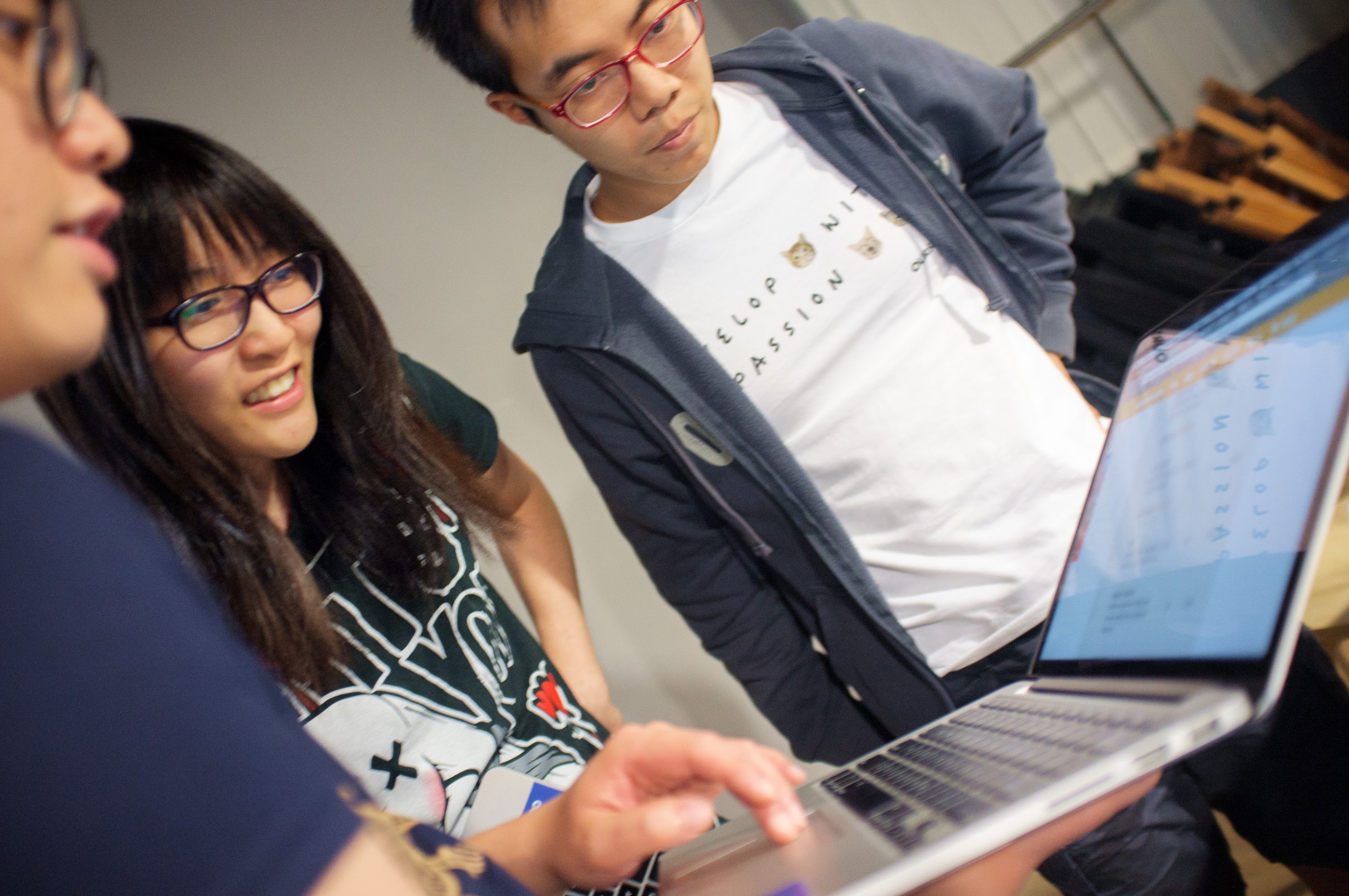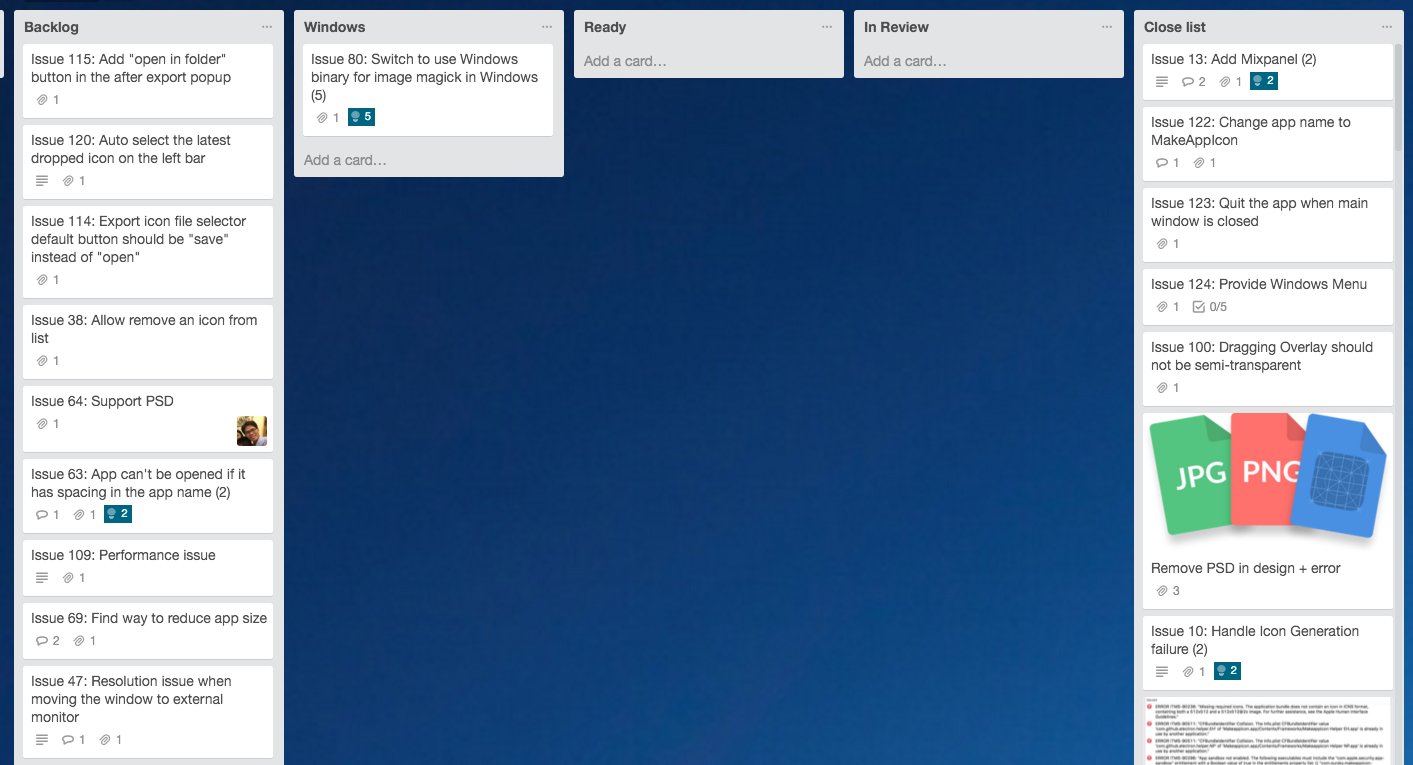
Brain drain has always been a serious challenge for the Hong Kong IT industry. At Oursky, a software development agency, solving our perpetual shortage of engineers is a crucial operational consideration to help the company to grow healthily. When we set up our Taiwan office a few years ago, it opened up a new talent pool that we could recruit from. As a Chinese society, Taiwan has many cultural similarities and everyone in the Taiwan office works with the Hong Kong office. But we also realized remote work and cultural barriers after we opened our second office. As Oursky’s lead project manager, I will share how we learned to organize and manage our cross-border development teams.
Software Engineering in a Chinese Cultural Context
Taiwan, is known as the “island of tech” with its mature software industry and wealth of engineering talents. After screening and hiring talent, we also need to have a robust project management system to ensure that our engineers can contribute effectively through remote teamwork.
Taiwan is a talent treasure trove, but harnessing international talent is an art.
Even though Hong Kongers admire Taiwan’s arts and culture, engineering talent, and friendly people, Oursky only hired our first remote Taiwanese developer, Johnny, 6 years after the company was established. Johnny eventually set up our Taiwan office, which allowed Oursky to do further local recruitment. I want to provide a bit more cultural context about these two closely related Chinese-speaking places that may help explain some remote work challenges later:
- Professional working languages: Taiwan’s engineers may read English documentation, but they prefer Chinese and write in Chinese. Hong Kong usually uses English as the business language.
- Dialect differences: Taiwan’s technical terminology and general vocabulary differs from Hong Kong. While many Hong Kongers can understand Taiwan’s written Chinese, it is difficult for Mandarin speakers to understand Cantonese (spoken or written).
- Working Culture: Hong Kong is focused on speed and results while Taiwan has an emphasis on effort, team unity and consideration of people’s feelings.
Hong Kong and Taiwan are much more culturally close than to China. But the small differences could add up and slow down project work if we didn’t notice them, since we mix our Taiwan and Hong Kong colleagues for projects. Below, I will discuss how communication was both a challenge and our solution for remote collaboration.
Acknowledging the language gaps

艾菲爾 and 妹妹.
As a project manager coordinating team members, one of the biggest hurdles is using a common language. Even though Taiwan and Hong Kong use Traditional Chinese, the vocabulary is different. Hong Kong’s written Cantonese is gibberish to Taiwanese colleagues because many characters are specific for the Cantonese dialect, such as 唔 for no / not instead of 不.
In meetings, Cantonese-speaking Hong Kongers communicating in Mandarin is no trivial challenge. But understanding Cantonese is an even bigger challenge for Taiwanese colleagues. When English-speaking colleagues join the Hong Kong office, a single meeting might require 3 languages and translation. Gaps in language mean that details are lost in translation and colleagues cannot express or understand ideas fully, leaving lots of room for misunderstanding.
As a result, Chinese cross-border collaboration is probably more difficult than English cross-border collaboration. This means that the first step for successful remote teams is patience — learning to listen and communicate at half the speed that we are used to, repeating ourselves, and knowing when to ask for clarifications.
Using documentation for remote-inclusive discussions
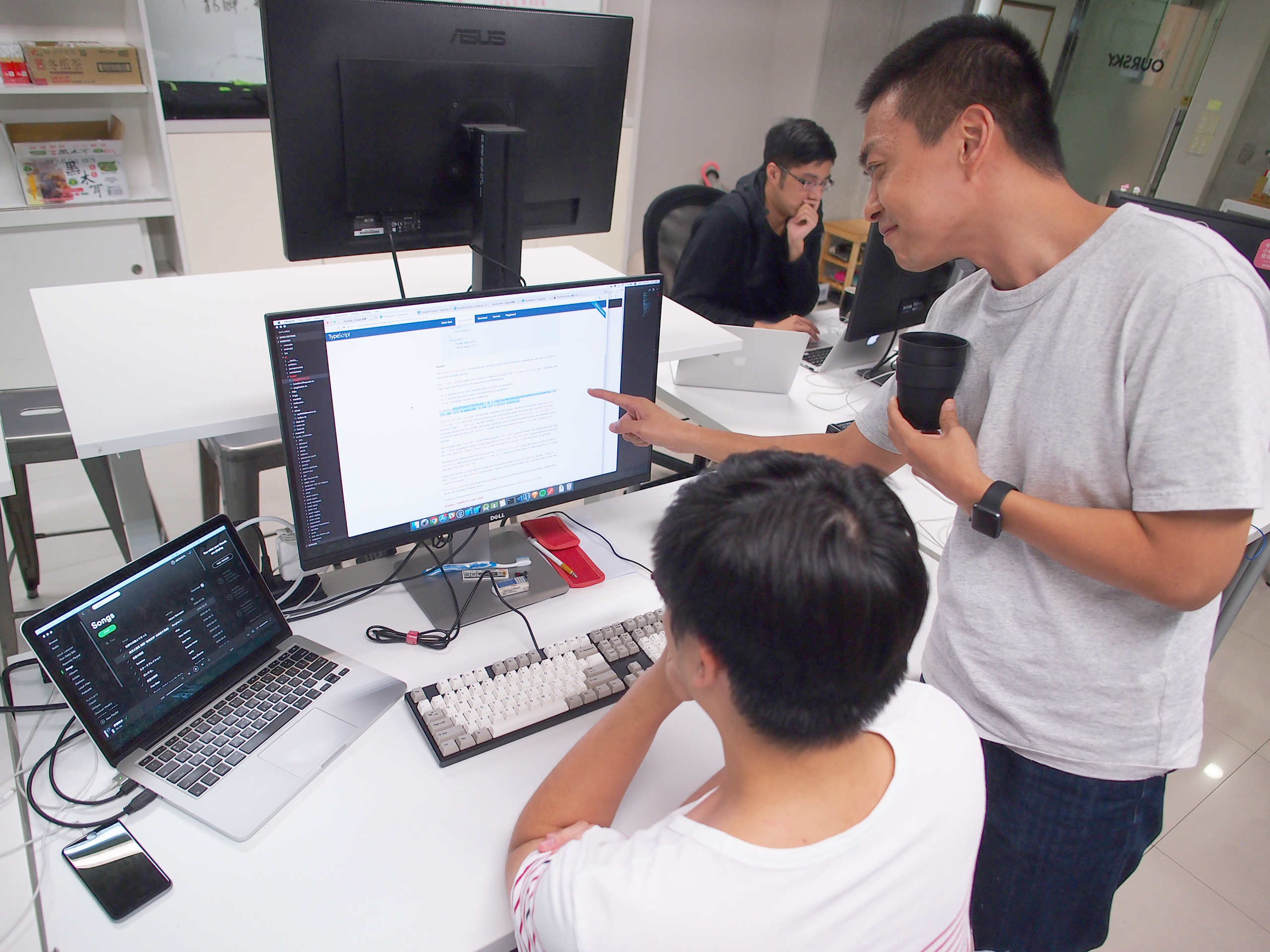
Another big challenge for remote teams is the lack of convenient face-to-face conversations. When everyone is in the same office, they immediately see if a colleague is around to discuss an issue. In contrast, remote colleagues have to wait for a response, and the communication delay can mean project delays. Even when cross-border teams are giving updates, it’s difficult to summarize all the relevant information for someone who’s not in the office. Later, when team members reference decisions that weren’t documented, a remote team member will feel like, “Oh, you’ve already talked about this.”
Synchronized documentation becomes key to ensure the entire team is on the same page, has the same resources, and access to decision making logic. Regular documentation also helps to reduce dependence on individual memory. This required a cultural change in Oursky to do two things:
- document decisions from offline discussions to consider those not present
- taking offline discussions online so that remote team members can join in
Writing also has the added advantage of documenting ideas that may not have been fully digested in meetings when people have time to read at their own pace. We mainly use Slack for immediate internal communication and encourage discussions in public Slack channels so that there is transparency and opportunities for participation (even people outside a team). For technical issues, PM and engineers will use GitHub and Waffle for discussion.
Progress through consistency: daily standup meetings
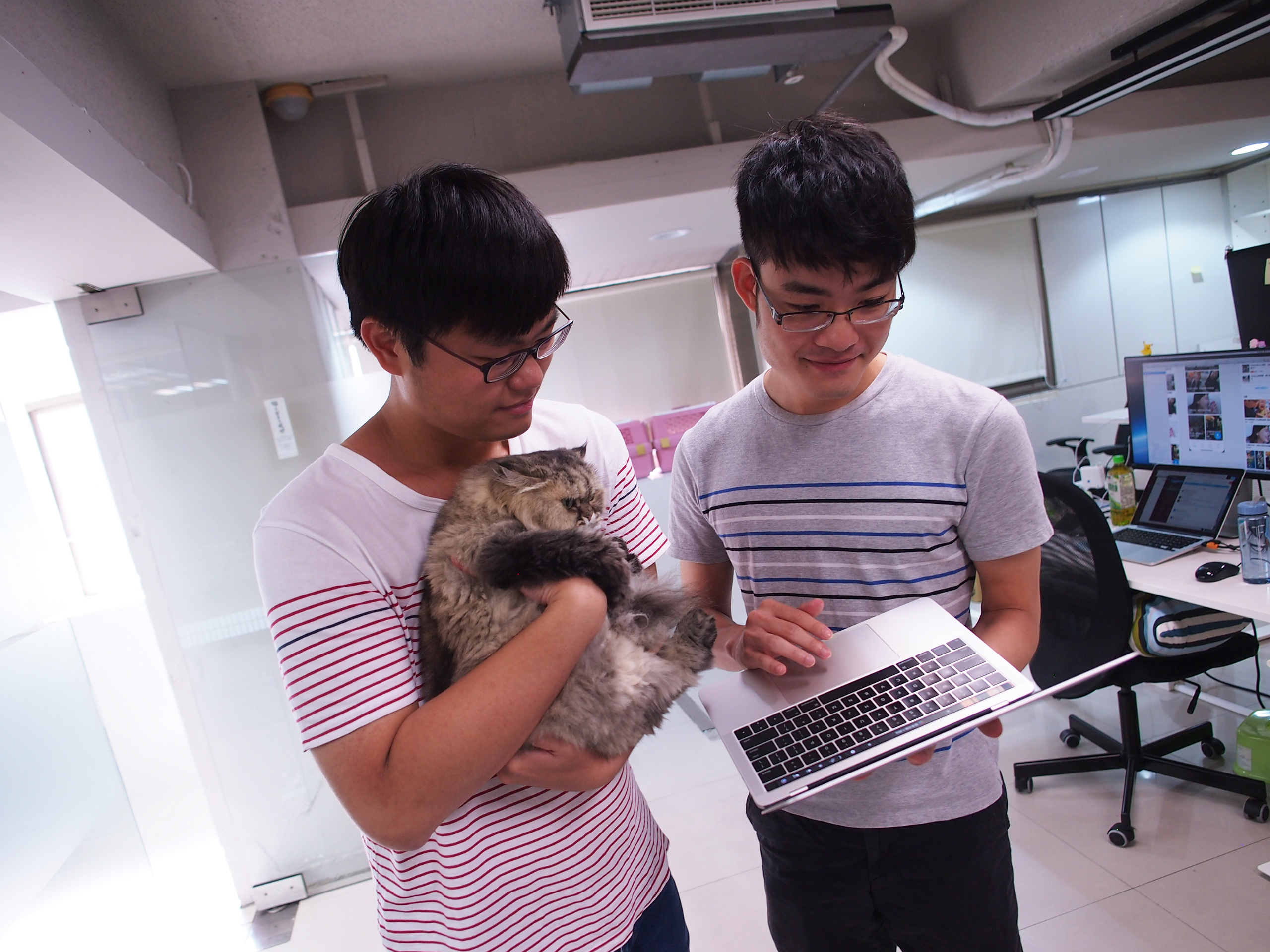
One of the benefits of remote teams is that they force us to be more consistent and mindful. Our company uses Agile Development and part of the PM’s routine is to host a daily standup meeting, where the issues scheduled for the day are outlined. Scheduled daily stand ups serve the purpose of bringing everyone up to speed and the PM needs to be more aware of what to update remote team members on.
Having remote team members gives less wiggle room for quick fill ins later. As a PM, this means I need to do more prep work beforehand to ensure I deliver the relevant messages. The best way to do this is to follow a convention, such as standardized meeting notes or a meeting structure, or completing notes before the meeting. This may seem like extra work, but it makes our meetings more efficient. Our daily face to face time becomes a good time box for everyone to move their updates to. They are especially useful for a remote team member to raise an issue immediately and make sure that critical decisions are discussed.
Reduce dependence while fostering synchronicity
Cross-border teams are like long distance relationships. A successful relationship needs a perfect balance; you can’t rely too much on the other side, but you need to be in sync. If there are too many dependencies in assigned tasks, the turnover time is longer and the risk for delay is higher. PMs need to strike a balance between assigning small enough tasks for remote team members to work independently, while remaining an equal and core part of the team. We do this in three company-wide practices (not unique to remote work):
- making tasks no longer than 2 days, which is also just good project planning;
- doing code reviews to maintain code quality, and
- rotating people between projects to provide more exposure.
Code reviews are standard software development practice to ensure that code is clean, readable, and (less) bug free when sent to the QA team. Peers reviewing each commit allows other team members to explore a person’s logic and programming style. All this helps to develop a better baseline knowledge and engineering culture across both offices.
For the medium-term, PMs will arrange for engineers to take turns in projects, sometimes based on need and other times based on request. In the process of rotation, Taiwan engineers can work with a variety of Hong Kong colleagues and get a better feel for habits that are particular to specific team members versus company-wide practices.
Gluing teams together through company culture
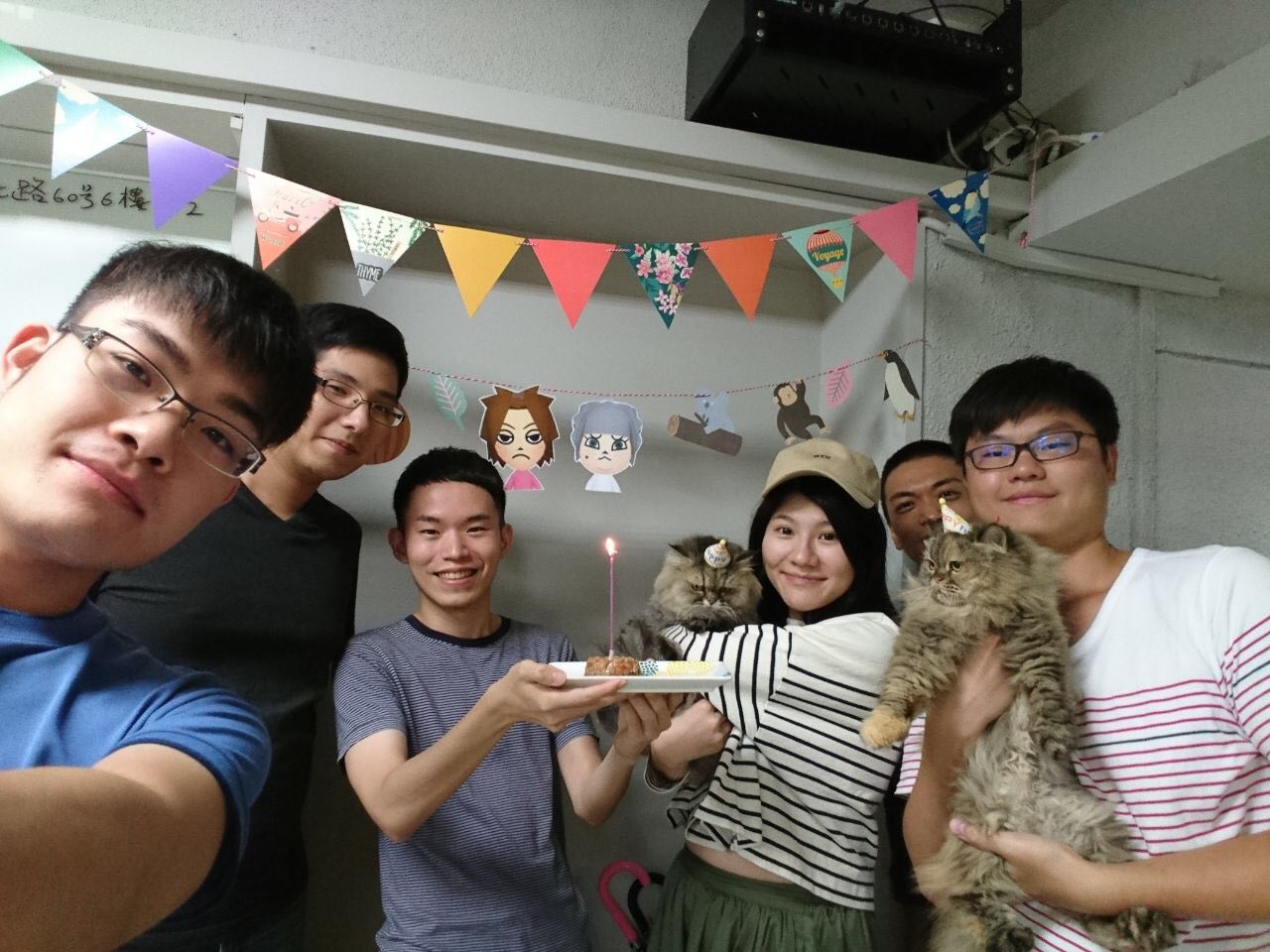
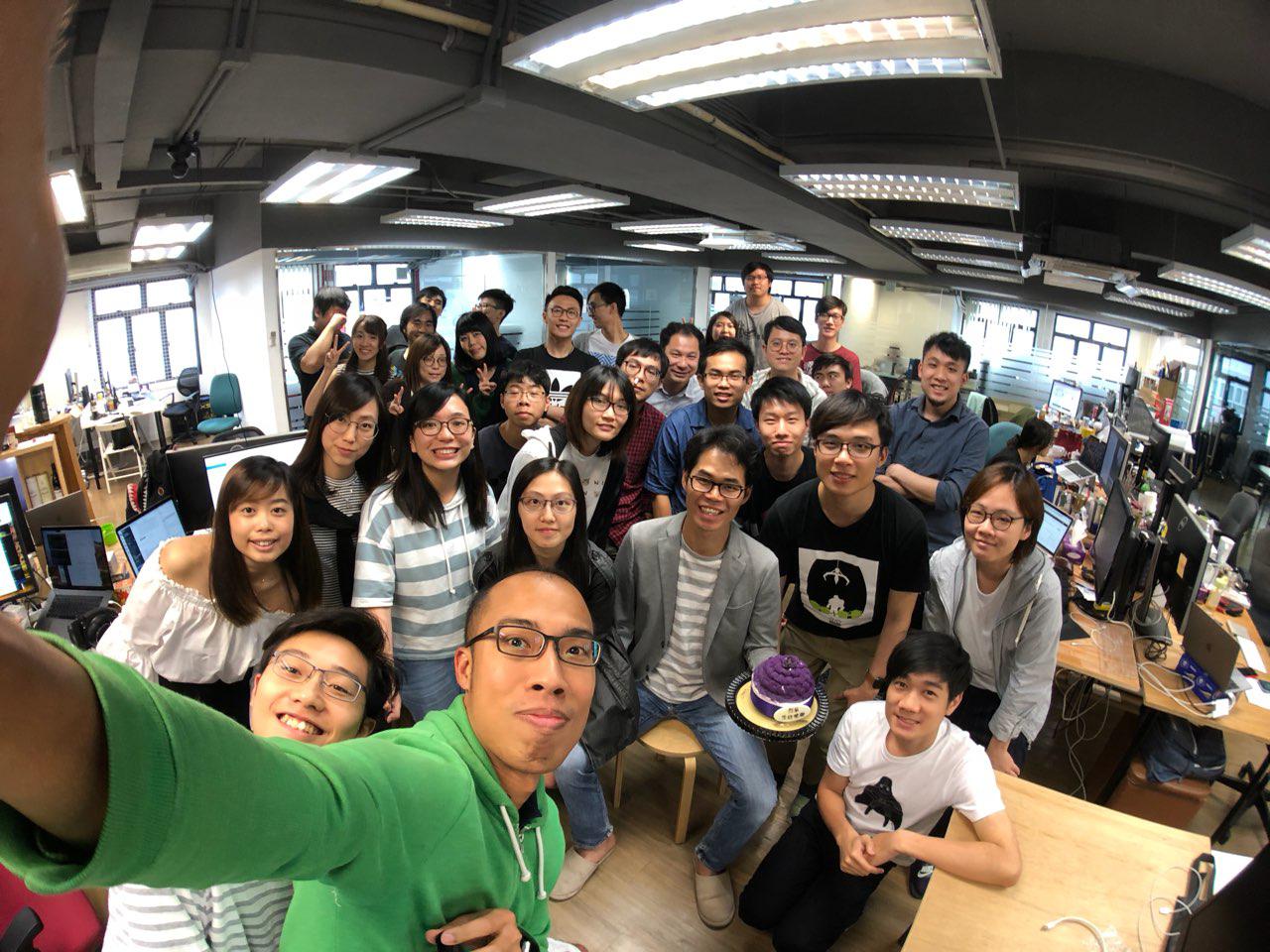
People with different nationalities are obviously influenced by their cultural backgrounds, which results in different thinking patterns or conduct. Though our Taiwan office has a PM, engineers, and designers, we have never assigned the whole Taiwan office to a single project because we don’t think of the two offices as separate units. We want to have one cross-border team that diversifies our existing team, while sharing a common core — our company culture.
To avoid company culture becoming a meaningless term, we implemented policies to ensure that team members all embody a common set of core values. Having the Taiwan office also gave us the opportunity to reflect on how to have both inclusion (company-wide policies) and autonomy (location-specific policies).
This is what we’ve come up with:
- Salaries & promotions: company-wide
- Policies: company-wide
- Holidays: local
- Choosing offices: local
- 1-on-1s with leadership: company-wide
At Oursky, we work to build transparency and a flat team structure. We depend on every colleague to carry this value to unify our efforts and team spirit.
Trust colleagues to have self-discipline
In addition to the company making arrangements to promote cross-border team communication and culture, individual actions determine collaboration success. The calibre of each employee becomes critical. Our company gives team members a lot of freedom, such as flexible working hours and flexible annual leave days. When teams have remote members, having projects run smoothly within this flexible framework depends on the self-discipline of employees to avoid abuse.
Globalization brings opportunities along with increasing competition. Every business feels a pressure to increase its competitive edge and stay relevant to meet global demands. It may seem obvious for Hong Kong and Taiwan developers to join forces, but what’s not obvious is how we learn to work together. As a project manager, in order to reach our goals of delivering great apps and software solutions for clients, I needed to take a step back from the usual project manager roles of holding stand ups and managing deadlines. I needed to first successfully address communication gaps, improve documentation, and experiment with procedures to ensure that our cross-border teams could work together. It’s only when we establish common ground that we can fully appreciate and harness the differences that our Taiwanese colleagues bring to the table.
If you have experience managing a international teams, we would love to hear your thoughts and tips!
Original: 《全球化的挑戰:一個 PM 對管理跨國團隊的一點心得》
Author: Roy Yuen
Translator: Athena Lam
Please share if you found this post helpful, please share!
Oursky is an engineer-led digital agency based in Hong Kong that has worked with global brands and listed companies. If you have an app or would like to develop a digital solution for your product, get in touch!

